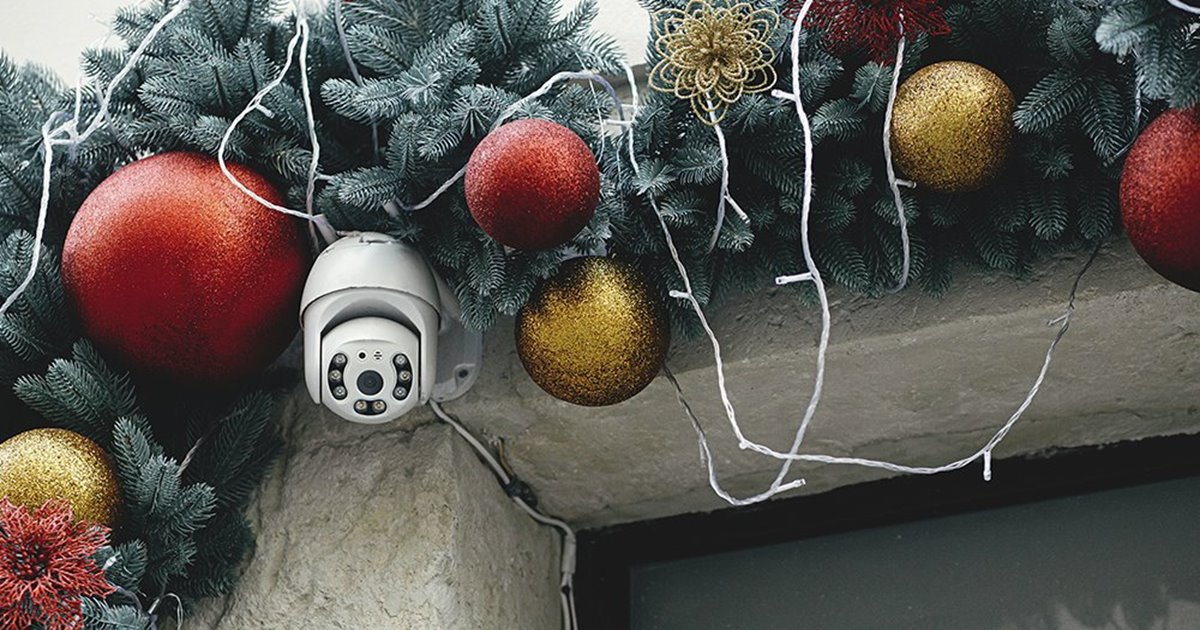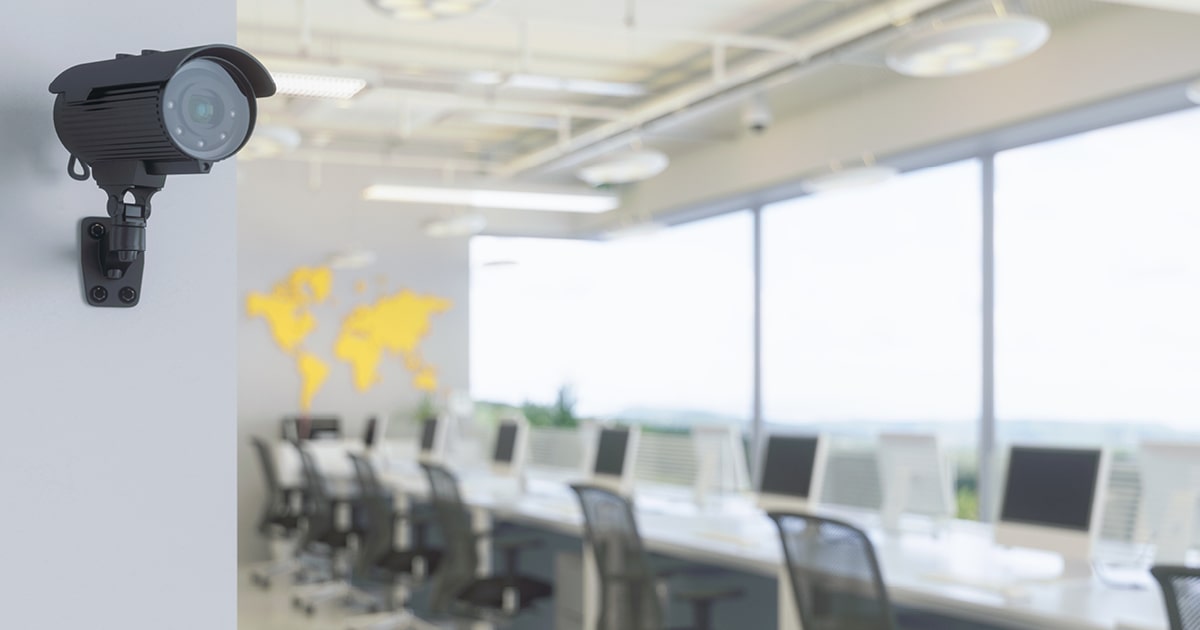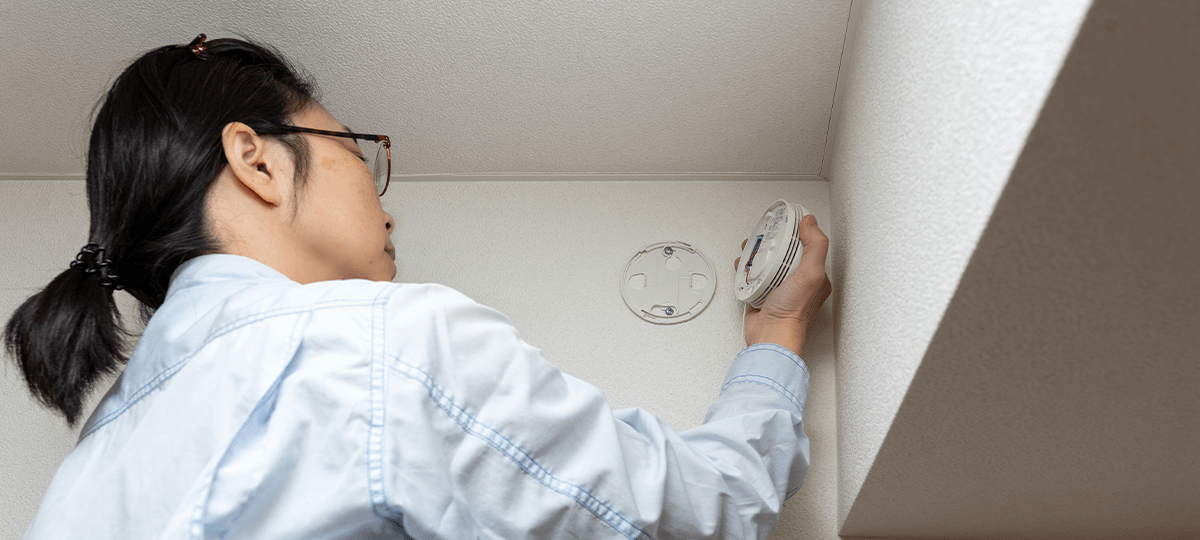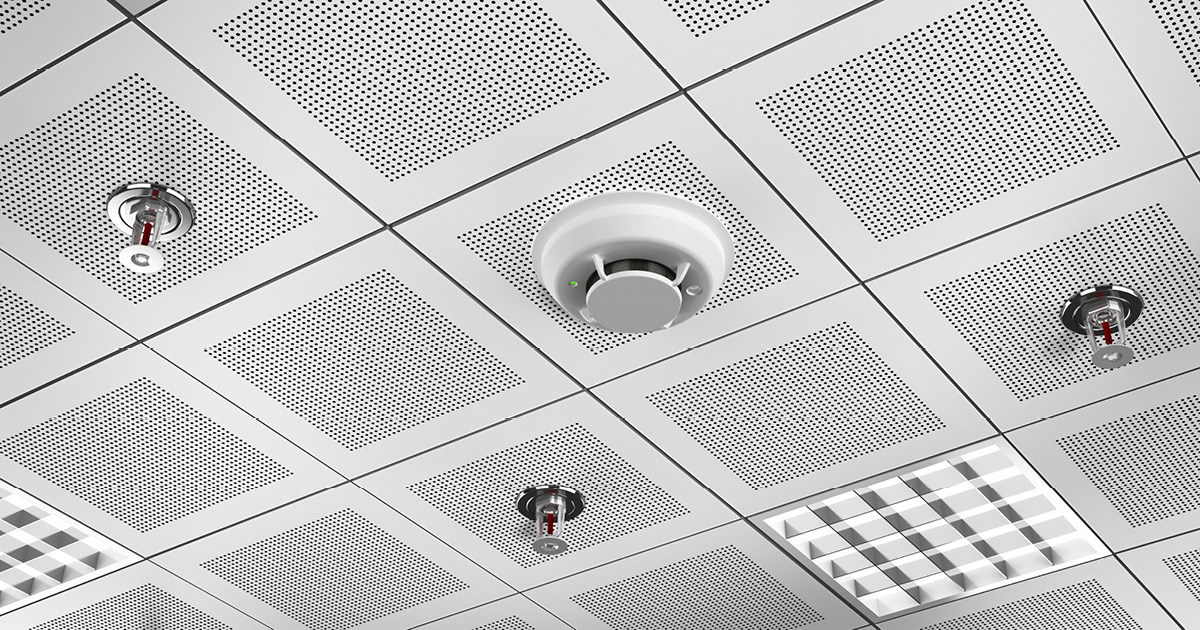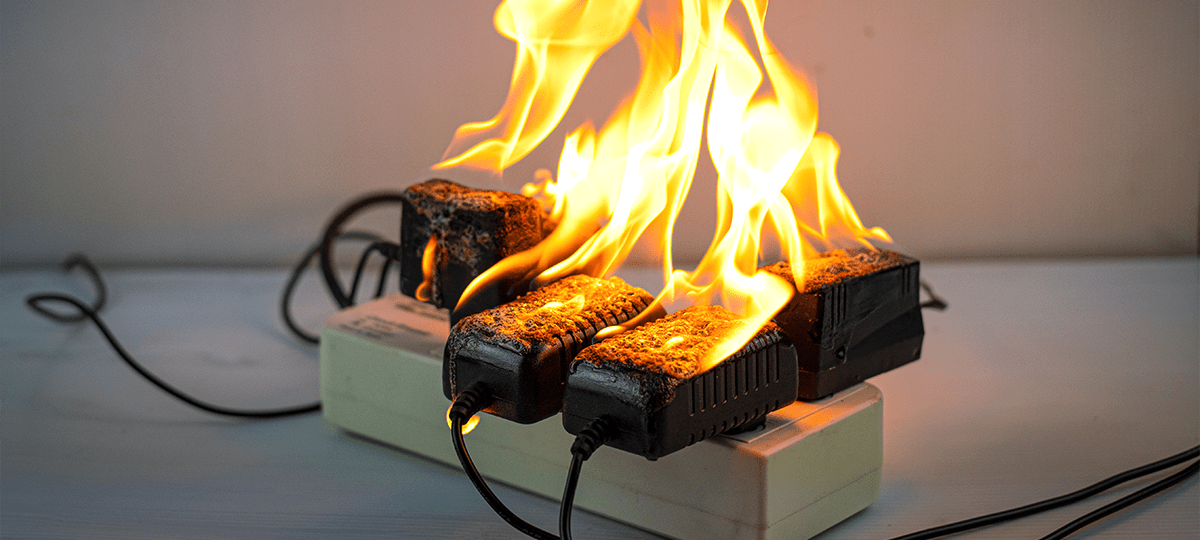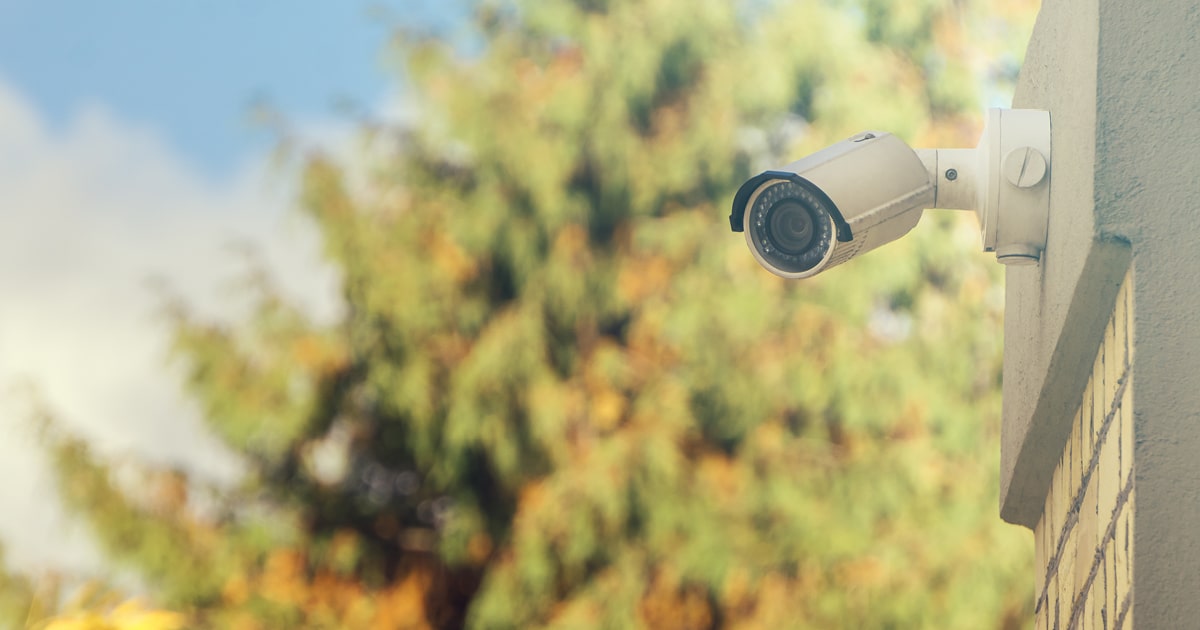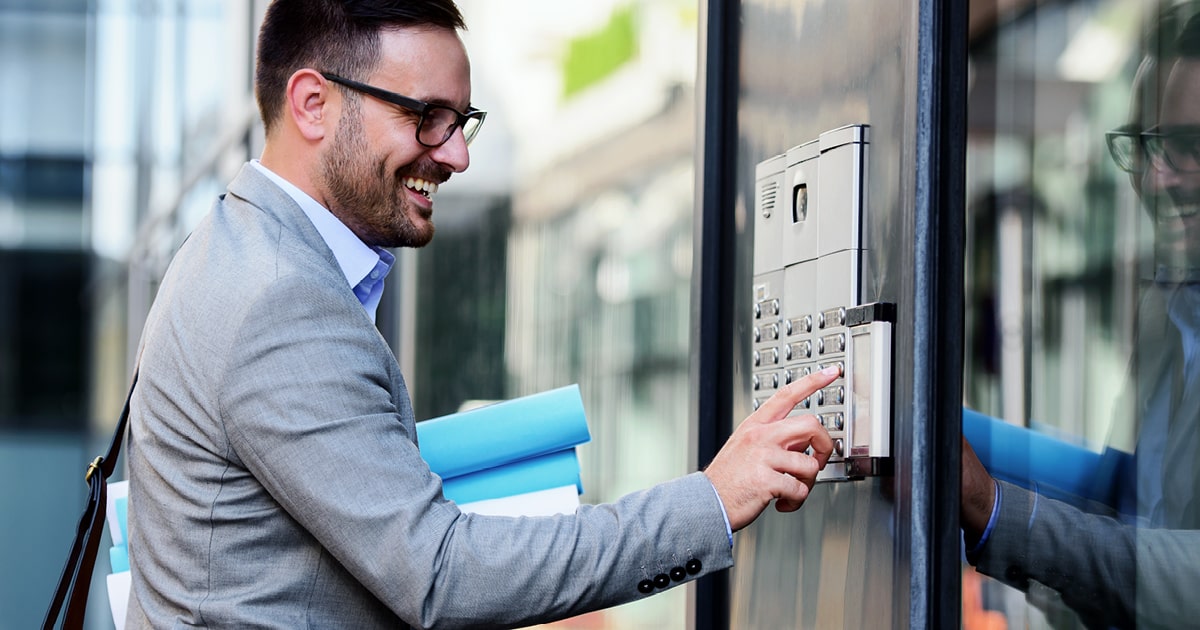How to Make Your First-Floor Apartment Safe
In business, getting in on the ground floor is great. You are part of a plan early on to gain an advantage. When it comes to apartment-dwelling, however, getting in on the ground floor is only an advantage in some respects. It’s easier for you and your pets to get in an out, it’s easier to move furniture in and out, but getting in on the ground floor also has a significant disadvantage: it’s easier for thieves.
Does that mean you should nix first-floor apartment living? Not at all. Homeowners face the issue of protecting ground-floor entrances all the time. Check out our 8 Best Ways to Deter Burglars post.
How can I make my apartment safe and secure?
Securing your first-floor apartment includes many of the same tips as securing your whole home, but keep in mind of some items that leave you vulnerable on the first floor.
- Create the illusion that someone is home – Thieves are looking for apartments that are easy targets (aka no one’s home). Keep the blinds on your windows shut so a thief can’t see what is going on inside. Leave some lights on, or the TV or radio, when you are gone.
- Make sure the exterior of the building is well lit – Unlike a home, where you can install outdoor lights, an apartment doesn’t offer this option. Check out the building during the day and at night so you can make sure there aren’t any easy hiding spots for thieves, such as overgrown shrubs or bushes near windows or dark, shadowy corners near doors.
- Keep doors and windows securely closed and locked – Not only do you want to keep first-floor doors and windows securely closed and locked when you are not at home, but you also want to make sure a first-floor door can’t be easily kicked in. Entry doors should have strong deadbolts and long screws in the strike plate of at least 2 ½ to 3 inches. If the apartment has a sliding door to an outdoor patio, invest in a spring-loaded metal bar for the middle of the door.
- Double check before answering the door – Always check to see who is at the door before opening it. Apartment doors should have a peephole. Even better, consider installing a video doorbell that will record footage of someone at your front door.
- Keep your keys unmarked – Don’t put your apartment number on your keys or key ring in case you lose them. Also, while we’re at it, make sure your landlord changes out the locks on your doors before you move in, so you can ensure there are no “spare” keys from the former owner floating around.
- Install an alarm system – Some landlords may install the monitoring equipment for you and consider it a capital expense if you are willing to pay the monthly monitoring fees. If not, there are many affordable, wireless security options available. Professional monitoring is crucial because it doesn’t take much time for a burglar to get into an apartment, find your valuables, and get out.
